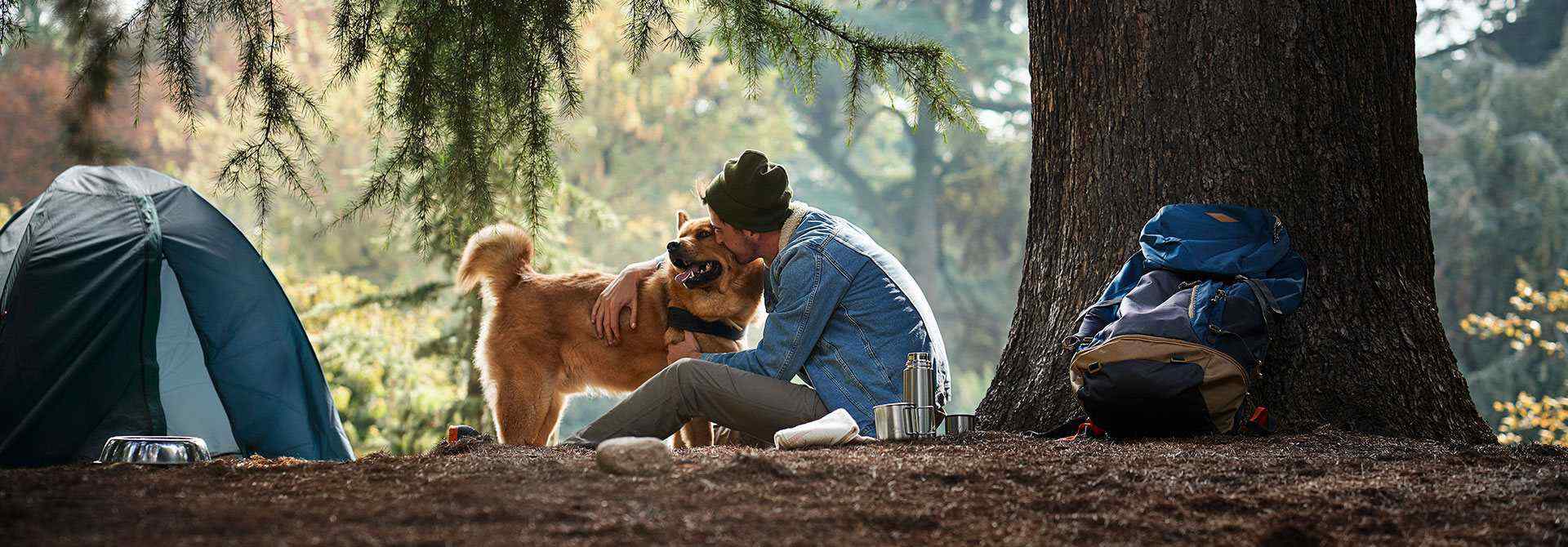Protecting Those Who Protect the Precious Few
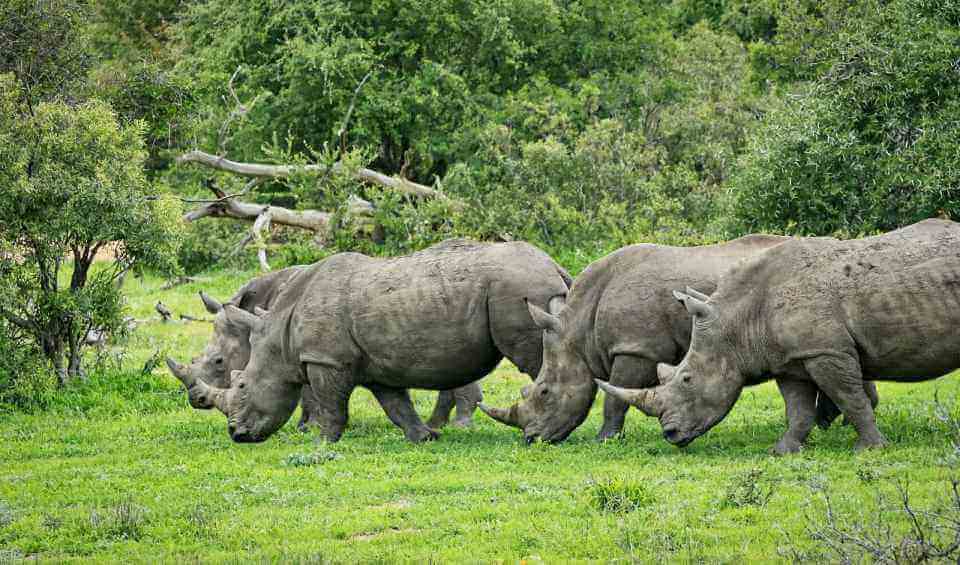
Protecting Those Who Protect the Precious Few
The rhinoceros is one of the most majestic creatures to walk the earth. A gentle giant with no natural predators, this awesome mammal has been the source of legends as far back as the sixteenth century, long been regarded for their benign spirit and their love for frolicking in the mud. Rhinos actually play an important role in their ecosystem, consuming large amounts of vegetation, which in turn helps to maintain grasslands and shape the African landscape. This ultimately helps other animals and the people of the region as well.
Once, the magnificent rhinoceros was found throughout Africa, but as a result of human activities including hunting and poaching, the population of rhinos has plummeted to the brink of extinction. Today, on average, a rhino is killed every 22 hours in South Africa where nearly 80 percent of the world’s rhinos dwell. More recently, since the Covid-19 Pandemic and subsequent lock-downs, there has been an increase in poaching activity, especially in the greater Kruger National Park, which aims to protect the rhinos. This is due to the reduced numbers of vehicles traveling around the reserve and consequently, less people to report strange sightings and illegal activity.
Rhinos are hunted and killed for their horns, which are seen as a status symbol in parts of Asia and are also used in a powdered form in traditional Asian medicines as a supposed cure for a range of ailments. Rhino horns are primarily made of keratin, which is the same material that makes up our hair and fingernails and has no proven medicinal value.
MSD Animal Health South Africa is a proud supporter of organizations using canine crime-fighting partners in the fight against poaching. This support is extended to both the Mankwe Nature Reserve and the Hluhluwe iMfolozi National Park, which have implemented their own canine units. Support also goes out to the organization called Pit-Track, which has anti-poaching units operating in three locations: The Care for Wild Rhino Sanctuary, Zululand Conservation Trust and the greater Kruger National Park.
These units employ over 50 dogs which are trained to assist the Anti-Poaching unit in an array of duties which are proving to be extremely effective in thwarting and apprehending poachers. Using their canine sense of smell, these canines assist with the tracking of rhinos to confirm their various locales as their human counterparts check up on them, they alert their handlers if poachers are in the area and track poachers after an incident or attempted poaching. Dogs are also placed at entry points to some of the parks to search vehicles for rhino horns or weapons that poachers may be trying to smuggle in or out of the park.
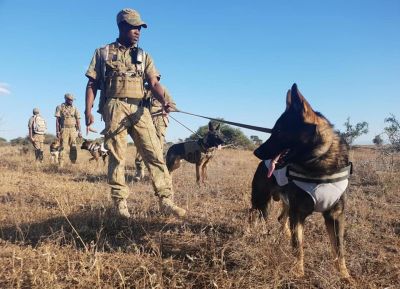
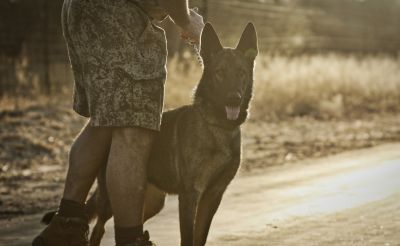
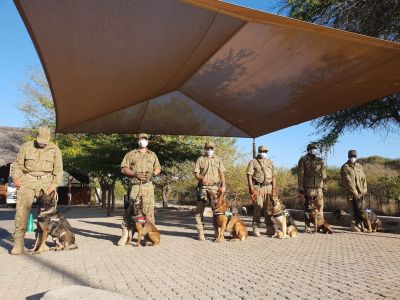
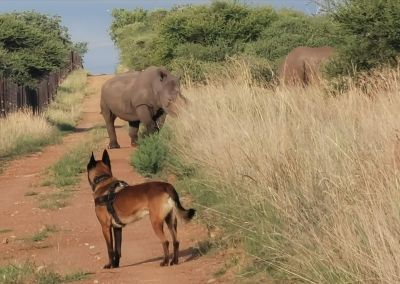
These Detection Dogs also work in the Reserve on specialized operations like staff accommodation searches, construction site searches, internal roadblock searches, field searches for hidden weapons and animal products, as well as assist in finding evidence at Rhino Poaching Crime scenes.
As these dogs are working actively in tick-infested environments, it is vital that they have the best flea and tick protection available. For several years, the South African Bravecto® team has donated Bravecto® products to protect these teams of dogs who risk their lives daily to protect wildlife against animal poachers. Protecting this valuable frontline of four-legged heroes is a great reminder of the important bond between humans and animals and the positive impact it can have on the world.




